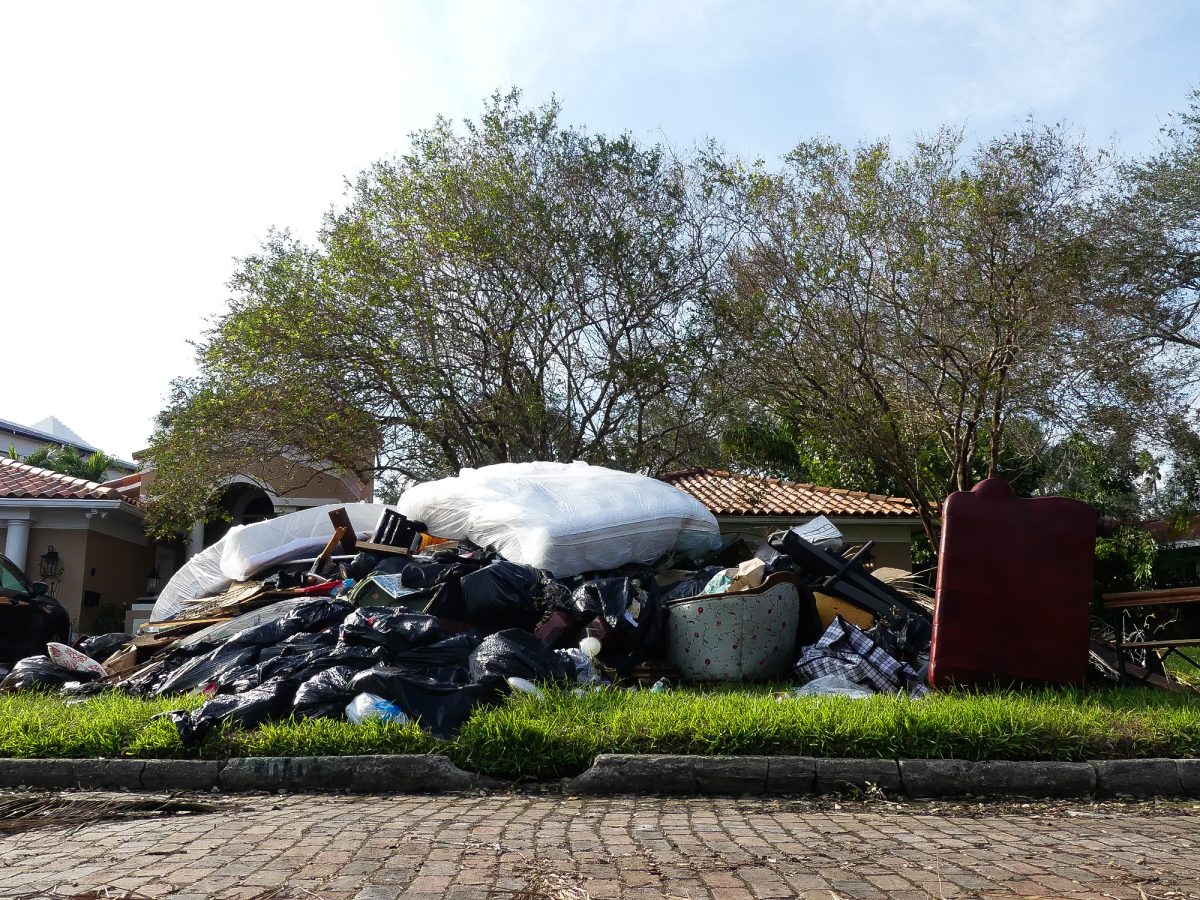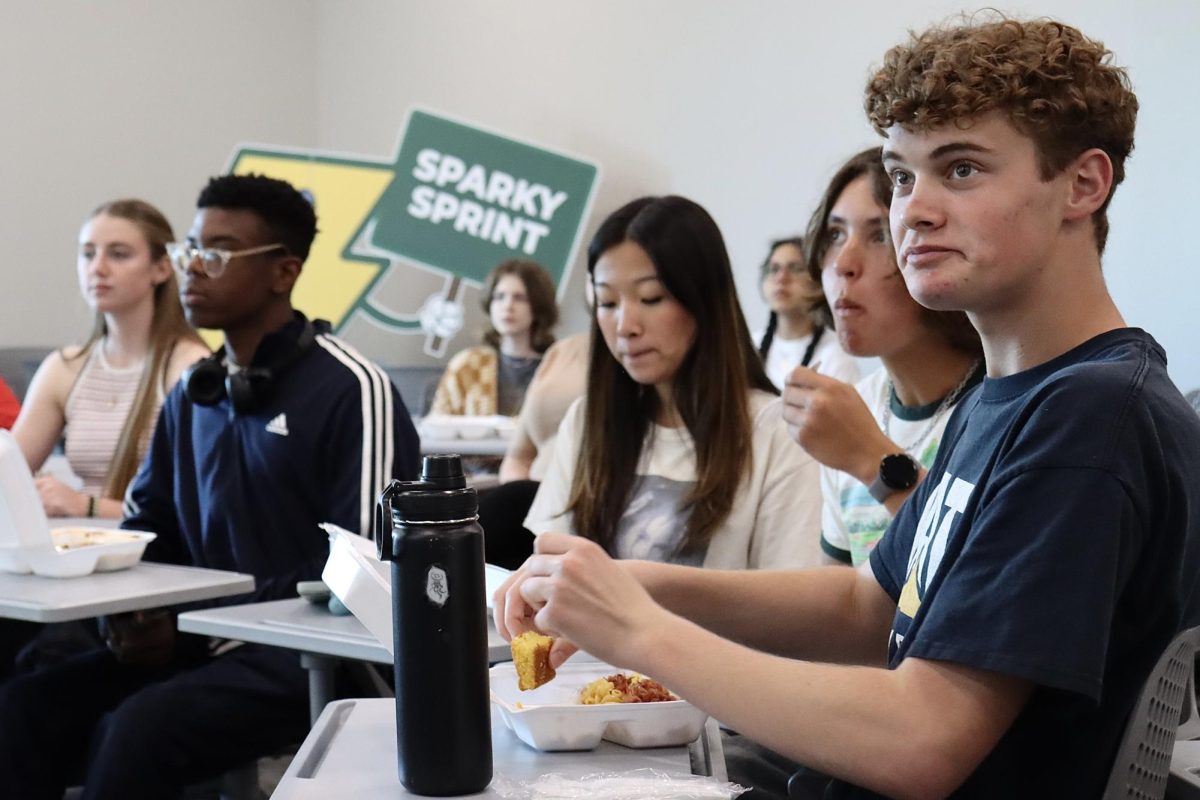
Shorecrest has officially stopped accepting any state-funded scholarships for tuition as of July 1, 2025. The school has been phasing out state-funded tuition vouchers, called School Choice, for two years, and has now replaced all financial need-based scholarships with Shorecrest financial aid grants.
Over time, the Department of Education broadened access to these scholarships. Originally, they were only for families with financial need, but were later opened to families with special circumstances, including children of first responders or military and children with disabilities.
Shorecrest’s rationale, according to Head of School Nancy Spencer, is that accepting large sums of money from any source isn’t fiscally responsible. If the source were to, say, get cut off or reduce its funding, Shorecrest would then be at a loss of revenue. In fact, the state has recently been debating the amount of funding it reserves for these scholarships. For the 2024-25 school year, the budget for School Choice was close to $4 billion.
If the state were to change how much each child receives, Shorecrest would be forced into increasing tuition, which it has already done in recent years, in order to make up for lost revenue. This loss would likely lead to a decrease in enrollment and a loss of revenue for the school.
Also, these scholarships are worth approximately $9,000 per child, so accepting them would mean that over a quarter of Shorecrest’s tuition revenue would be coming not from its families, but from the state, according to Spencer.
This decision echoes those made by other top-tier Florida private schools, including Berkeley Prep, Tampa Prep, Carrollwood Day School, Ransom Everglades and Palmer Trinity.
Financial aid awarded by Shorecrest ranges between $6,000 and $12,000, which may vary from the amount deemed appropriate by the state for School Choice. However, families previously using these scholarships simply had their amount transferred to Shorecrest grants and weren’t subject to Florida’s unique review process.
There is another issue about accepting this money from the state. If Shorecrest were to accept these scholarships, they may also have to conform to any Florida education standards.
Rebeca Palacio, a Shorecrest parent and external college admissions adviser, recognizes how accepting state scholarships could lead to educational barriers.
“You are taking money from a state that is trying to regulate curriculum, especially Florida, in terms of content, in terms of class offerings, as well as books that you read,” she said.
According to the 2025 Florida Statute 1002.421, any private school that accepts School Choice scholarships would be obligated to comply with various policies decided by the state. Shorecrest was formerly required to disclose information about students such as their names, grades and test scores. The school also had to host Department of Education employees for campus inspections and assessments, as well as submit a financial audit to the state every year.
Because it doesn’t accept state scholarships, Shorecrest is no longer required to follow any of these policies.
“There were certain mandates that were implemented in the schools that accept vouchers that we believed intruded on the independence of our school,” Spencer said.
There are also concerns that independent schools would be required to follow public education mandates. Senior Mila Bianco fears that if Shorecrest were to continue accepting state scholarships, then it might no longer be able to offer AP African American Studies, a class that she takes, which is banned in Florida public schools.
“If we take more of the state’s funding, we’d have to conform our rules to what the state wants,” Bianco said. “That would just make our school like any other school in Florida.”
Palacio said that taking state vouchers “compromises our educational pedagogy,” and that the government shouldn’t be able to tell educators — especially in private schools — what they can and can’t teach.
Feedback in response to this change has been mixed, however. Senior Liam Bernot believes that Shorecrest should’ve continued accepting special circumstances scholarships along with need-based ones, despite the financial risks.
“Families with first responders or veterans or any government role like that, I feel like they do struggle still, and that they are deserving of that same scholarship,” he said. “I don’t think it was necessary to completely cut off people like that.”
Bernot also thinks that eliminating these scholarships, which aren’t replaced by Shorecrest aid, will cause some to consider leaving the school. He suggested that the school meet these families in the middle, offering a form of reduced grants so that their previous financial aid is not all abruptly removed.
Spencer has noticed varying reactions, with some being “fervently pleased to see the independence,” and others, primarily parents, pushing for the amount of aid the school offers to be further increased.
“I bet [Shorecrest] has so much money put away, and I know it’s for certain things, but I feel like they could meet the needs of more people who really need it,” Bianco said.
According to Spencer, “a handful” of families have left the school because of this change. However, when The Chronicle reached out to former students who have left Shorecrest in the past two years, none of them cited the funding change as the primary reason.
On the opposite side of the spectrum, Palacio believes that state-funded scholarships shouldn’t be given out at all since they’re funded by public tax dollars, yet only given to students attending private schools.
“It’s a way for the public coffers to be used to pay for private schools, and I don’t believe in that,” she said. “I don’t think my tax dollars should be subsidizing anyone to go to a private school. I’m perfectly willing to support public institutions, but not necessarily private ones.”
Palacio said that the money set aside for tuition vouchers, especially after many schools have stopped accepting them, should instead go to improving public education.
“I would rather donate to Shorecrest to give money to those families than accept money from the state because you’re taking money out of the public school system, and the public school system needs it,” she said.
There is a possibility that Shorecrest revisits this policy in the future, but, for now, the school is focused on improving its opportunities and education.
“Parents will pay for a school if they think it’s worth it, so we need to do everything we can to make sure that students’ experiences make parents feel that it’s worth it to pay the price to come here,” Spencer said.

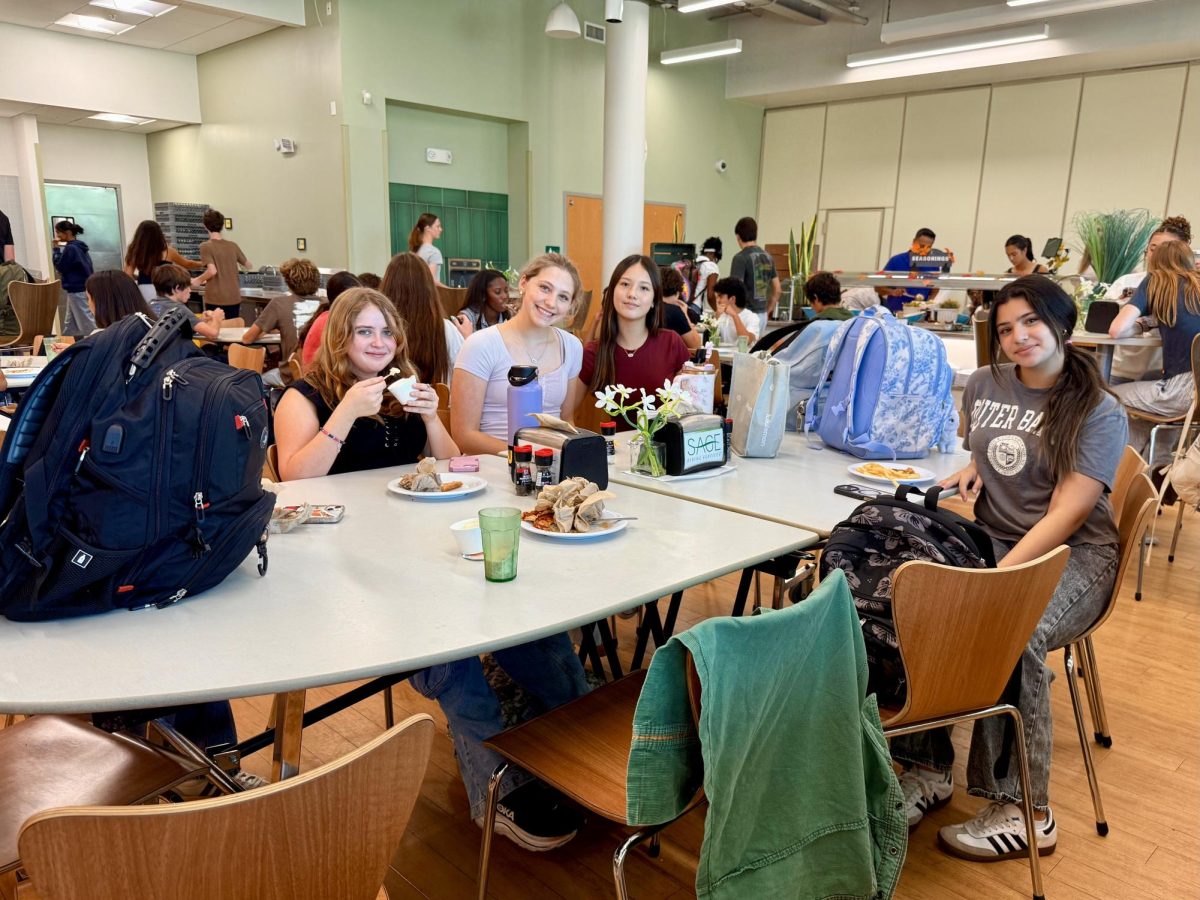

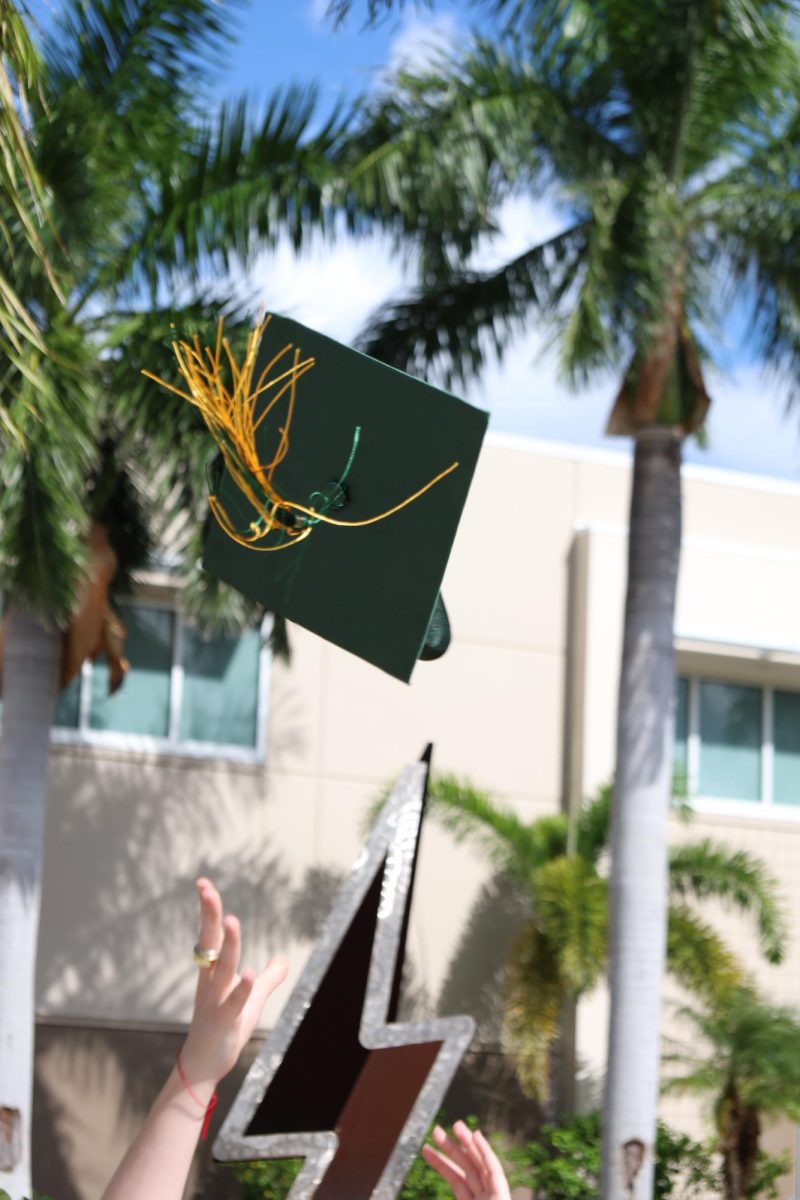
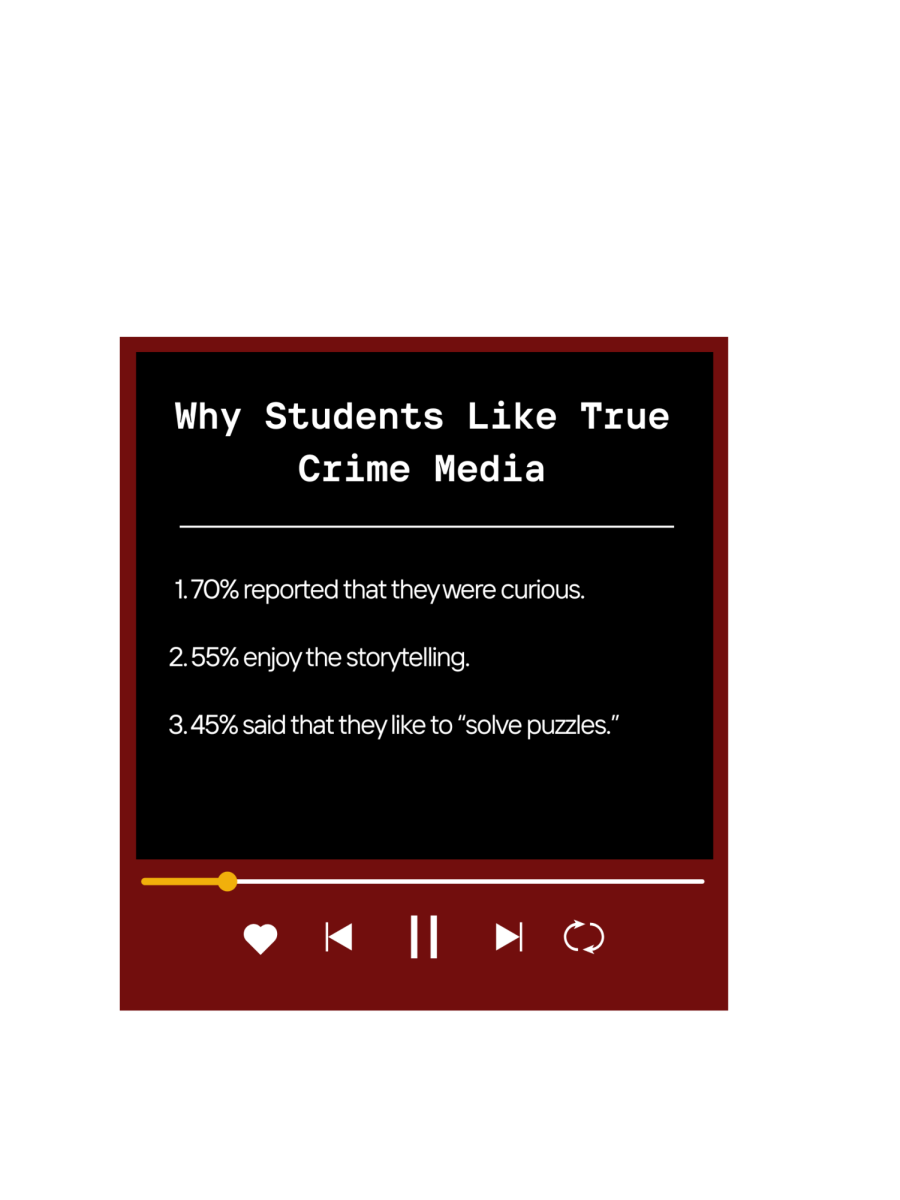



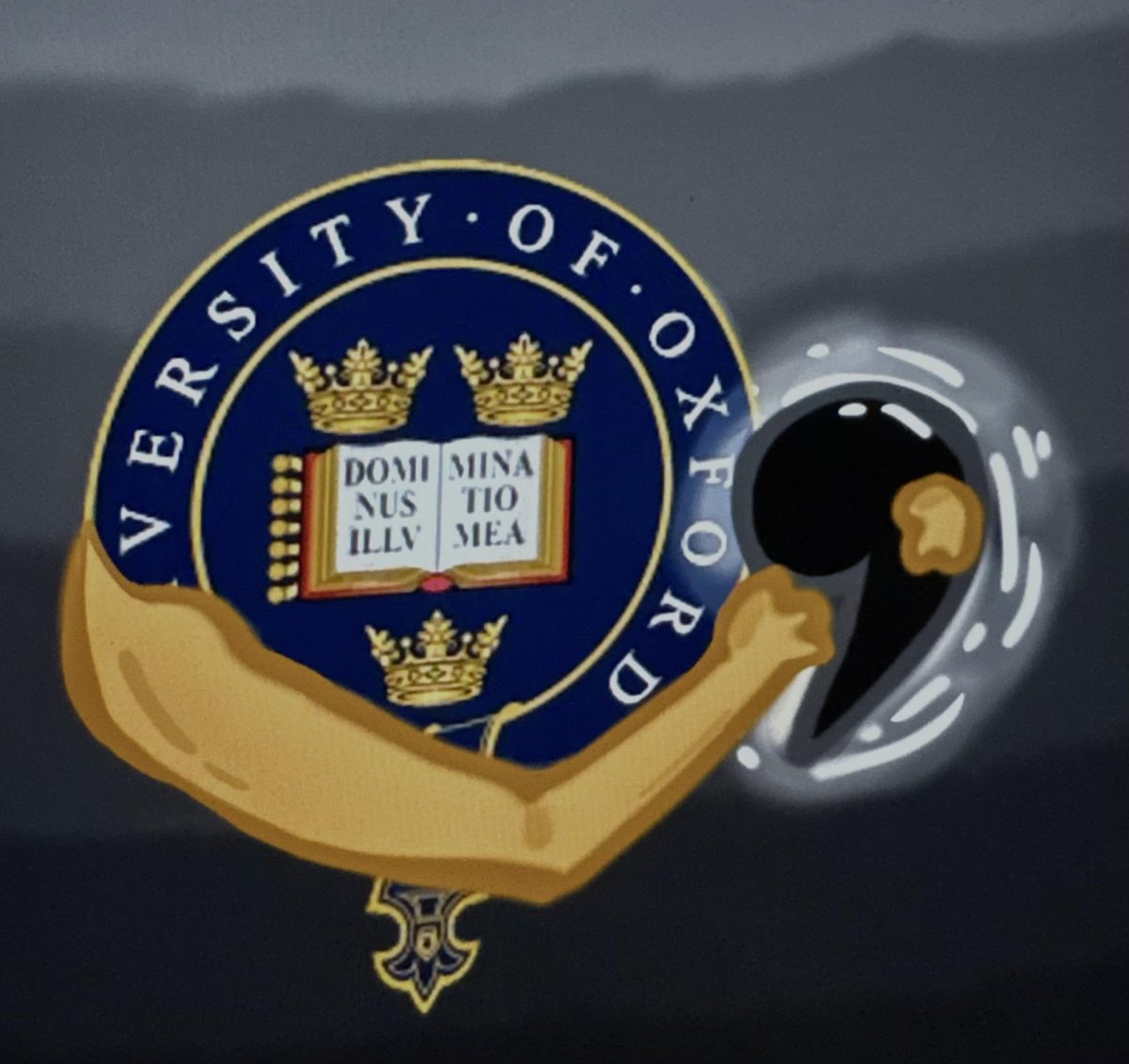


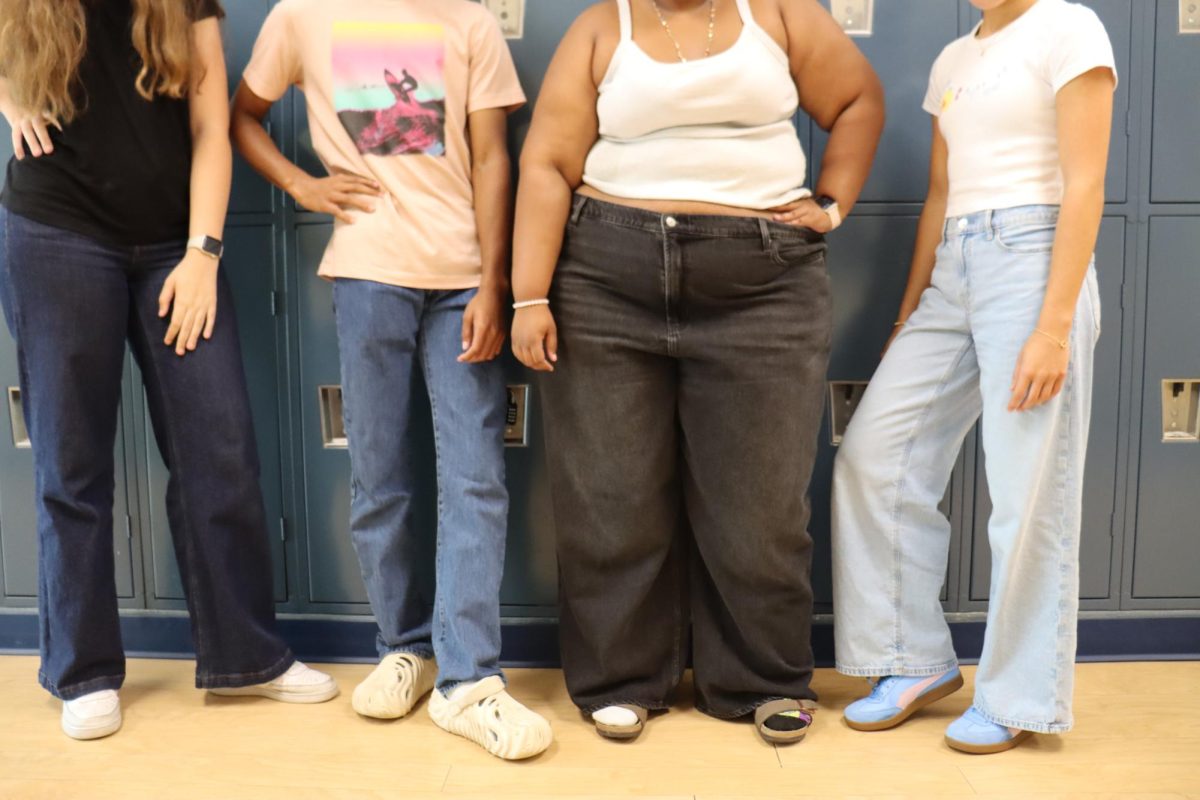
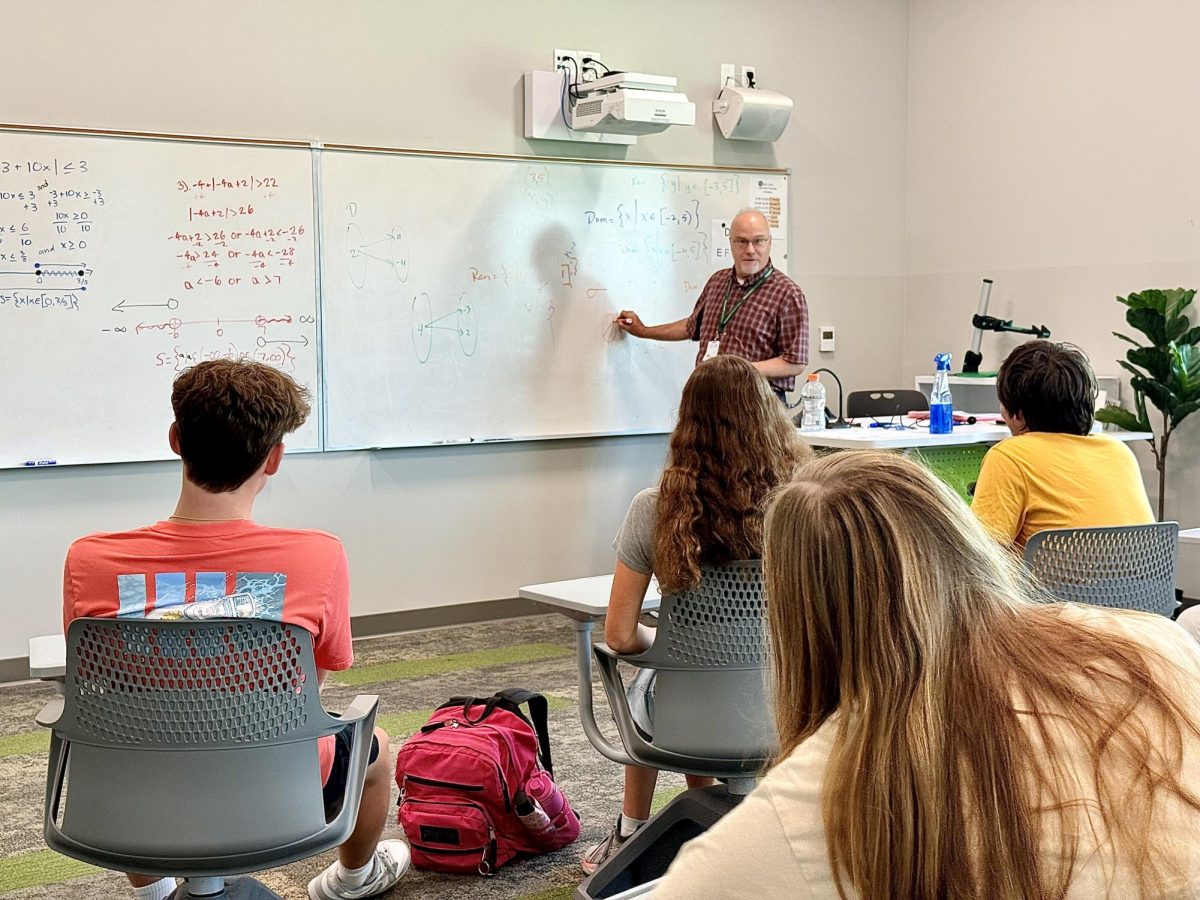


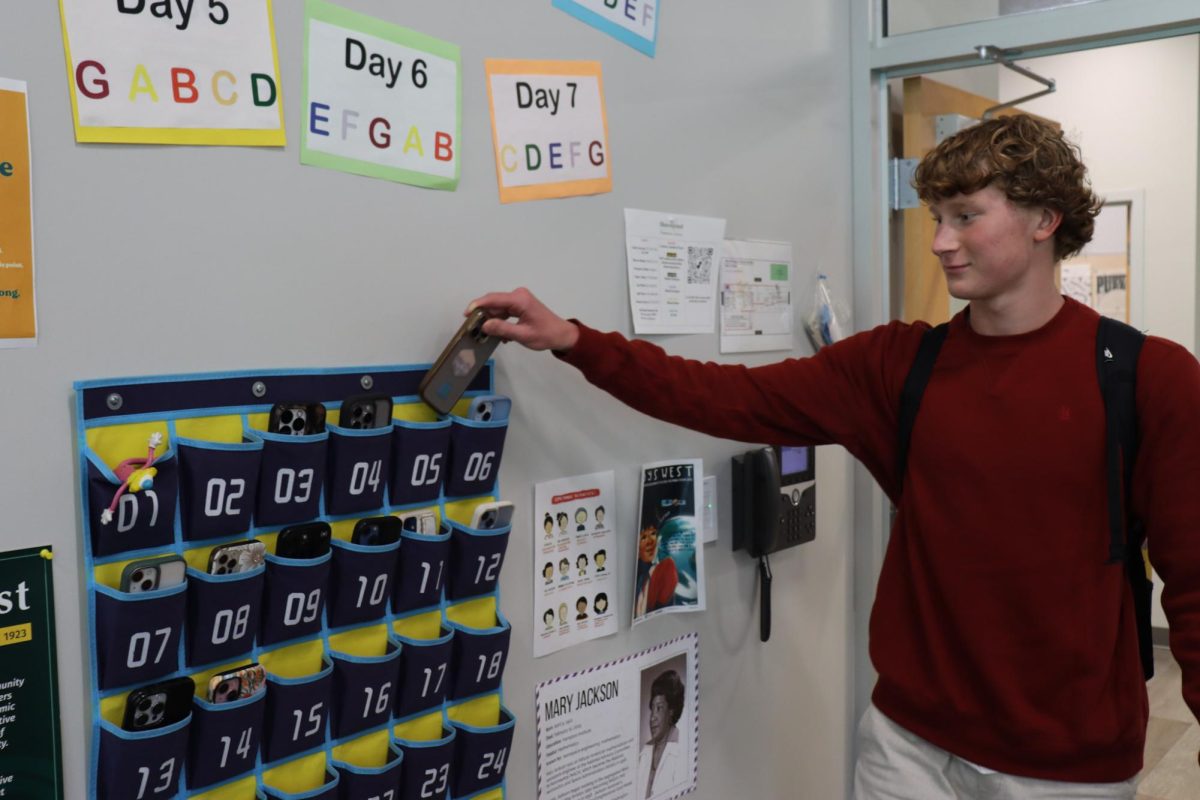






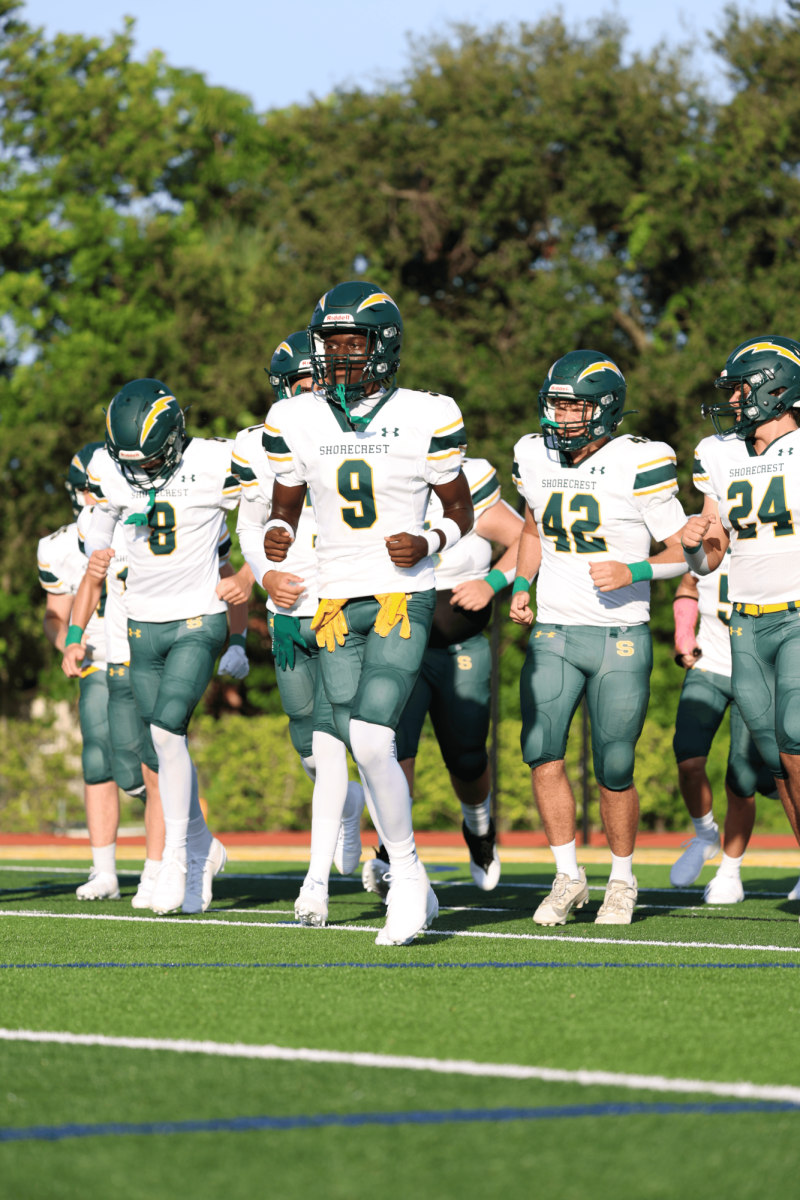







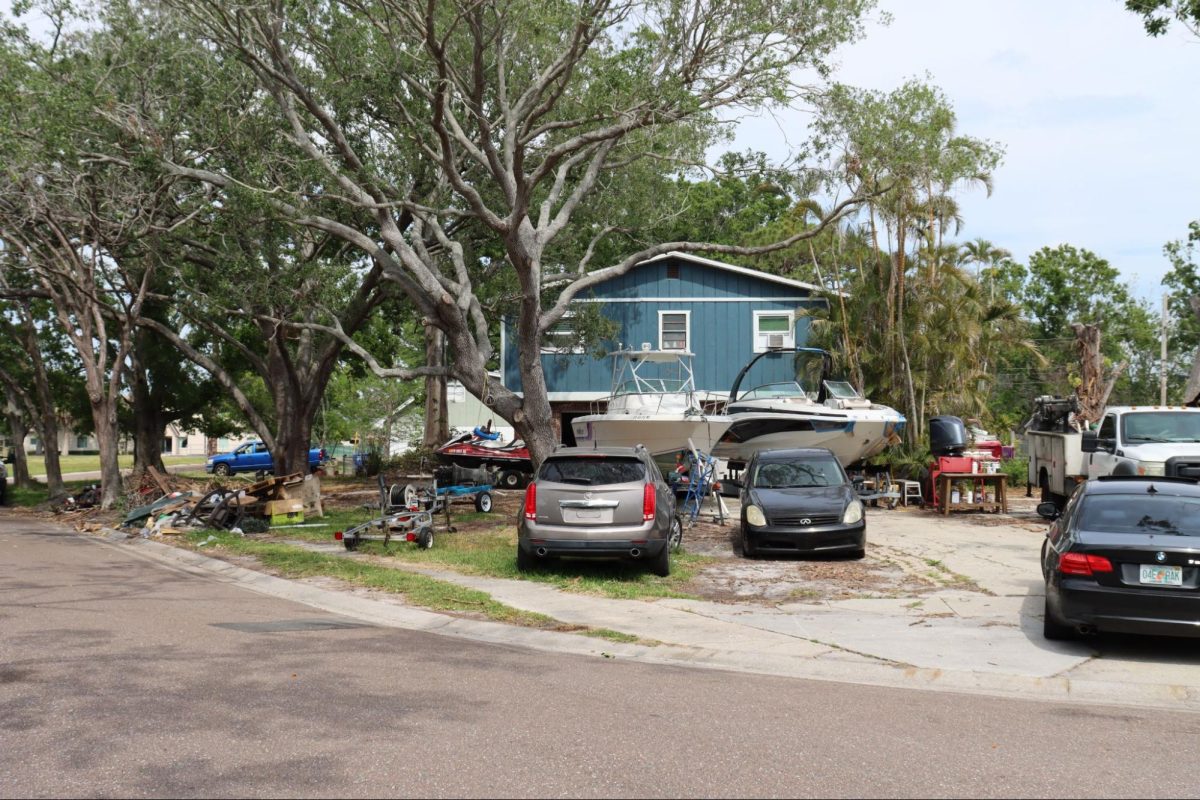



![Thespians pose on a staircase at the District IV Thespian Festival. [Front to back] Luca Baker, Maddison Cirino, Tanyiah Ellison, Alex Lewis, Summer Farkas, Jill Marcus, Ella Mathews, Sanjay Sinha, Isabella Jank, Sofia Lee, Boston Littlepage-Santana, Sally Keane, Tyler Biggar, Tanner Johnson, Jasper Hallock-Wishner, Remy de Paris, Alex Jank, Kaelie Dieter, and Daniel Cooper. Photo by Michael McCarthy.](https://spschronicle.org/wp-content/uploads/2024/12/image1-900x1200.jpg)

